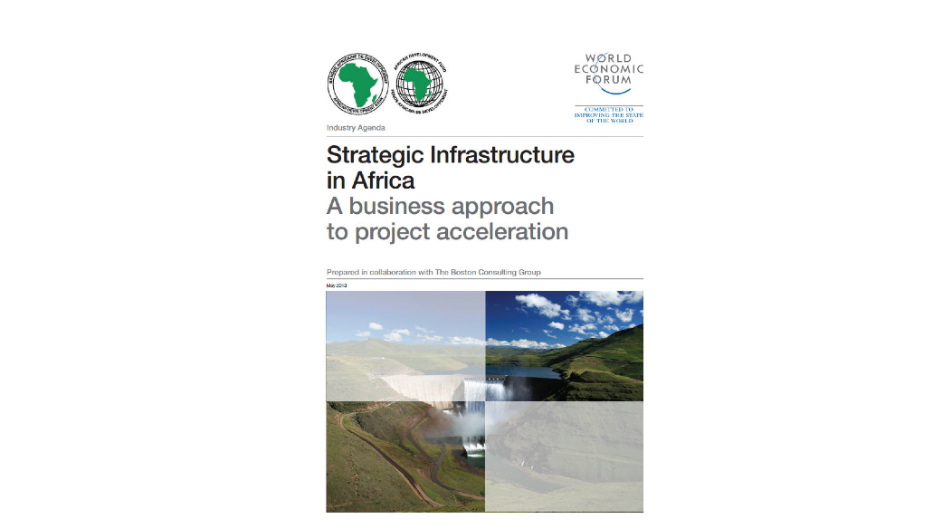Publications
Filter by
746 results found
The Project Complexity and Risk Assessment Tool supports implementing agencies to accurately determine the level of risk and complexity of a project, for the purposes of project approval and expenditure authority.

The objective of the report and the accompanying index is not simply to rank countries, but to use score movements as a benchmark from which to investigate trends, identify successful PPP performers, and focus on the approaches that can facilitate a better understanding of common challenges and best-practice standards.

This paper provides a preliminary assessment of expected benefits of government-backed identification systems for firms across a variety of industries.


This page discusses the need for legal reform to enhance the PPP environment in EBRD regions.



This series provides an overview of public-private partnership stories in various infrastructure sectors, where IFC was the lead advisor. This specific case relates to the NAIA Expressway project in Philippines.






This report presents a selection methodology that proposes a common language with clear economic, technical, social and regional criteria to identify infrastructure projects with the potential for acceleration.



OECD Investment Policy Reviews present an overview of investment trends and policies in the countries reviewed, using the OECD Policy Framework for Investment to assess the climate for domestic and foreign investment at sub-national, national or regional levels. They then propose actions for improving the framework conditions for investment and discuss challenges and opportunities for further reforms.



As part of its Public Procurement Toolbox, the OECD developed indicators to measure the performance of public procurement systems.



The OECD Recommendation on Public Procurement is the overarching OECD guiding principle on public procurement that promotes the strategic and holistic use of public procurement.


The Global Toolbox provides an interactive inventory of MDB instruments, with their hyperlinks and comprehensive overviews, to support private investment across the globe.

This website provides a set of resources on using performance based contracts to reduce non-revenue water. It includes tools and project preparation guidelines, case studies and training material.

The review consisted of a detailed assessment of the current institutional set-up, including roles and responsibilities for EE in Turkey, along with a comparison with international experience and best practices. A final set of institutional options and recommendations are provided at the end of the report.

Population growth and economic development, aggravated by climate change, will increase pressure on energy and water resources. Integrated planning can make the most of these two essential and scarce resources. Thirsty Energy, a World Bank initiative, helps countries address these issues and ensure sustainable development of both resources. This note focuses on the water needs of the power sector and particularly answers the following questions: Why is this issue important? Do power plants need all that much water? What about other types of plants? What are the challenges? and, What are our options?

This technical note provides an overview for authorities who wish to conduct flood hazard and risk assessments and who must develop a step-by-step plan for carrying out the assessment that is appropriate and feasible in the local context.

PPP webinars presents trending topics on PPPs and infrastructure, as well as the latest tools for practitioners, case studies, and presentations from experts.

This study aims to assist Bangladesh in becoming a viable player in the IT/ITES industry in five years by identifying the strategies, programs and investments needed in order for the country to leverage ICT for economic growth and competitiveness, as well as for social development by increasing gender equality and youth employment.

This report assesses infrastructure PPP investments in an expanded list of Fragile and Conflict Affected States (EFCS2), as well as the PPP regulatory frameworks during the 2012-2016 period.
The paper discusses the importance of ICT for growth and governance in the context of North Africa's development.

The checklist aims at providing a framework to ensure the mainstreaming of gender in the infrastructure sector throughout the project cycle.



